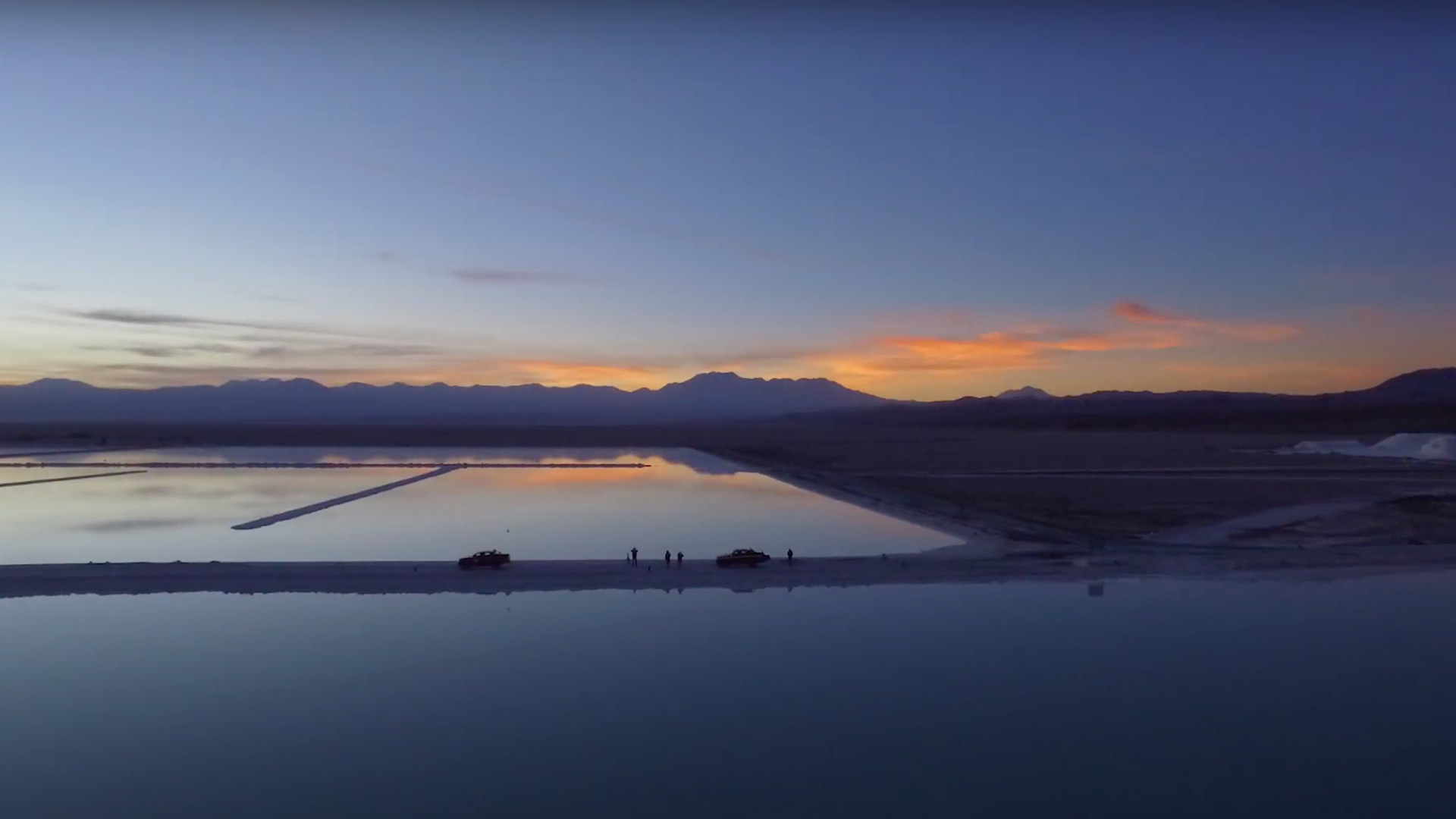

About half the world’s lithium is in the Atacama Salt Flats in Chile, but mining it is taking a huge environmental toll on the region. Chile’s government is only making vague commitments not to impact economic output but one of the largest mining companies has put significant measures immediately in effect. Lithium is vital to the world’s battery supplies and an essential piece of the ongoing electric car revolution.
As Bloomberg reported this weekend, Chile’s federal environment agency, the Superintendencia Del Medio Ambiente (SMA), is incredibly keen to reassure the world that sustainable mining won’t lower production. The head of the SMA, Cristobel de la Maza, said that they were working to mitigate the environmental impact without having an economic one, which is a loftily vague ambition in a crisis.
“We don’t think this is something that goes against economic interests, although our role is clearly environmental,” de la Maza was quoted as saying. “In environmental matters, what was valid 30 years, today isn’t acceptable.”
Lithium supply is a big issue. Half a decade ago, Tesla was tracking to have drained the world’s then-supply by this year; it was a 2018 deal with Chilean mining that met its demands. There isn’t a viable alternative yet to lithium-ion for density, durability and stability in electric vehicles and battery recycling is still in relative infancy.
Mining companies have descended on Chile to meet the demands of everything from phones to cars, but the environmental damage of water-heavy extraction processes has become a serious issue. Salt flat extraction is comparatively non-destructive to the landscape on a surface level but requires huge quantities of water to be pumped in from elsewhere or up from groundwater supplies, which is then evaporated in a series of pools to extract the lithium, removing it from the local ecosystem.
The extraction of water to get the lithium is drying out entire towns like San Pedro de Atacama and protected sites like the national monument of Peine, as well as wreaking environmental havoc in general. The tension between needing lithium to mitigate climate change and actually causing it by desertifying a region would be ironic if it wasn’t so typically horrible.
It’s not as though it’s the only problem with mining for EV batteries but the Atacama issues might actually have solutions if they’re not allowed to get much worse, by reducing the loss of water to evaporation and recycling it instead of drawing more.
Chile’s biggest lithium-mining organization, SQM, has announced a sustainability program to try to get to carbon neutral extraction by 2030. This might seem quite distant but the plan does include an immediately effective commitment to reduce water use in the Atacama region by 30 percent from 2019, without affecting output, as part of a $105 million investment program.
Can you really believe that mining, for a substance that has more than doubled in value in the past six years, will hit pause to lessen its environmental impact? Probably not. Atacama will need careful monitoring and lithium recycling will still be essential to a genuinely sustainable battery-powered future.